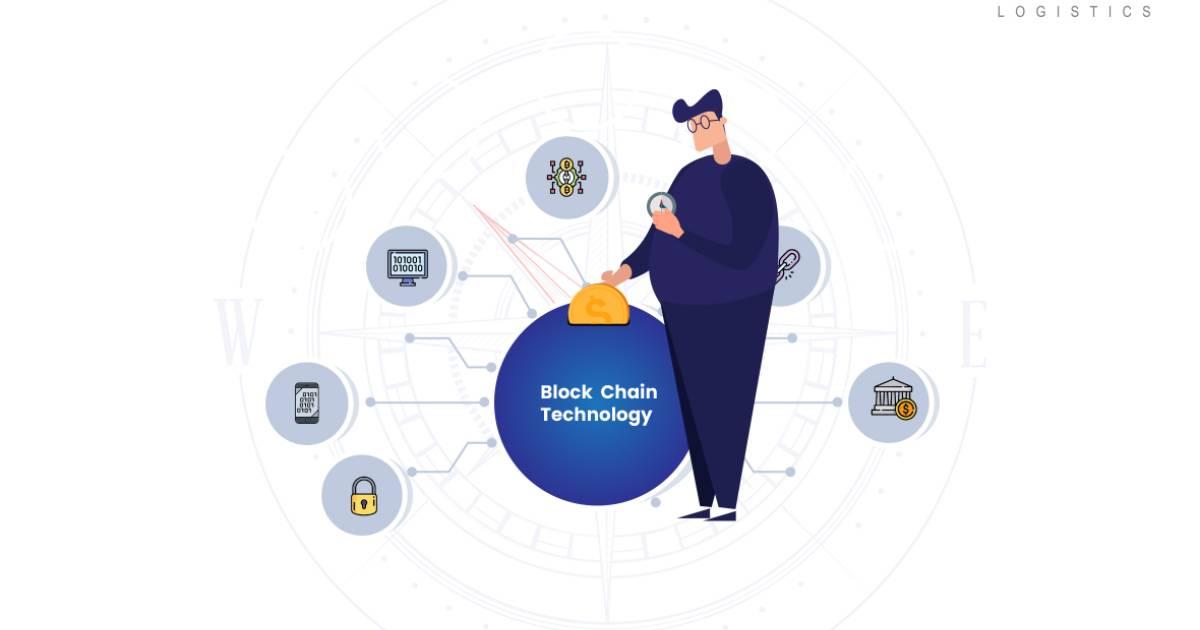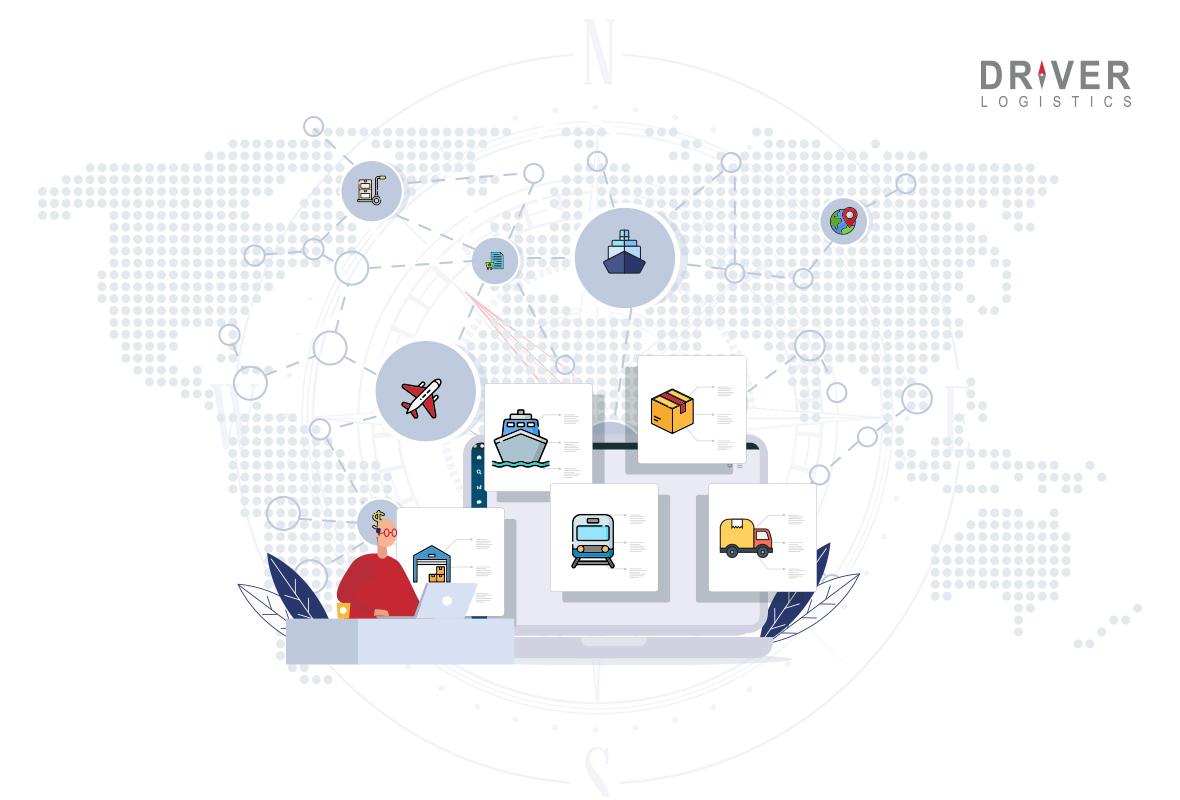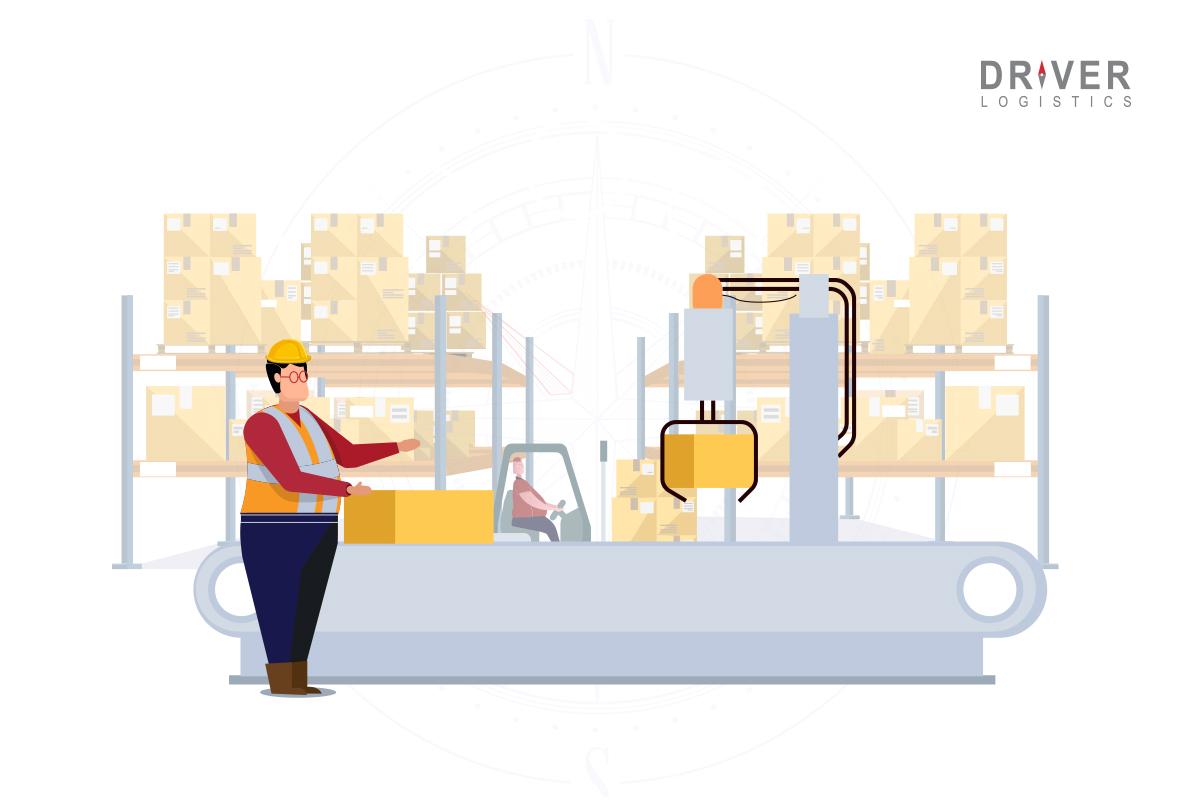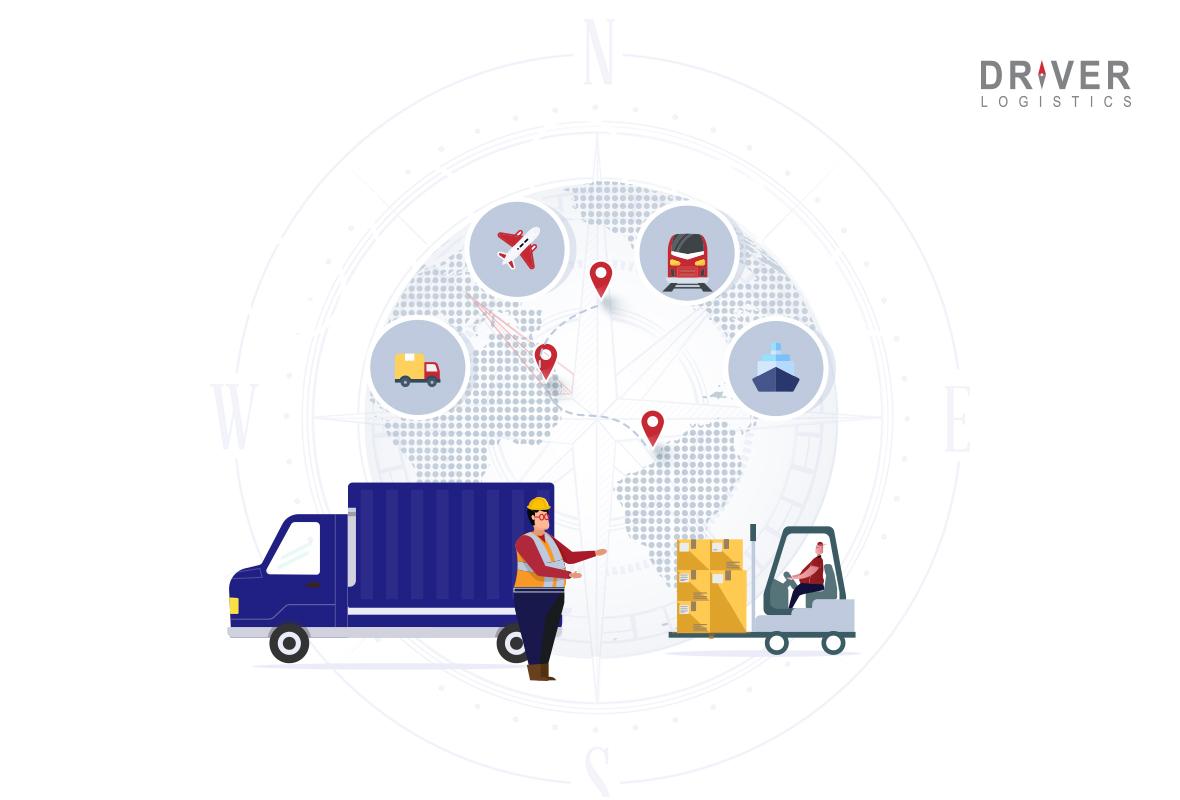
Top Reasons Why You Need Blockchain in Logistics to Boost Supply Chain Efficiency
Oct 10, 2023
A transparent digital documentation system is necessary for the supply chain to trace and control the functioning of a logistics unit. Logistics is a crucial business domain with different operational areas. From inbound supplies to the final delivery, it includes various processes that need digital assistance to safely record performance and automate some functions.
We need a decentralized system that fastens the transaction flow by eliminating fraud and the hassles of manual documentation processes. Blockchain in the logistics system has grown to be a promising technology. It helps logistics units to record prices, important dates, locations, invoices and billings, 3PL details and other essential information for improving transparency, security and efficiency of the supply chain system.
Blockchain-integrated logistics systems ensure that all the data is digitally recorded. Also, it assists participants to access the provided data by sitting in any corner of the world. In a blockchain, information is stored and processed in blocks, unlike a traditional database. Whenever new data gets added, a new block will be added, and the data gets chained with the previous one as per the chronological order.
Benefits of Blockchain in the Logistics Industry
Smooth transaction flow and transparent data accessibility and storage are the keys to fair trade. Moreover, blockchain in Logistics makes the entire supply chain system more secure and trackable.
Globalisation has improved the scope for cross-border trade and transactions. Following the traditional documentation process and payment mode will create friction in transaction processes. Hence, there is a need to imbibe a secure system that makes use of smart contract technology to process payments and contracts.
Now let’s see some of the focus areas blockchains in logistics & supply chain functions on, to bring optimum security and transparency:
Controls the Goods Flow
From inbound logistics to outbound logistics, your goods are always in motion. Your customers and suppliers are spread across the world. It is not possible for you to manually keep track of every product you deliver. An IT-integrated system is necessary to keep track of product movement and control discrepancies in delivery.
In a blockchain-integrated supply chain, a digital copy of each product witha unique barcode will be issued to trace stolen or lost products. This helps manufacturers or business units to protect businesses from unexpected losses.
When it comes to production, warehouse storage and transportation, a barcode helps to assemble product information from the initial stage to the final stage. This helps to make the entire process connected, quick and easily manageable.

Enables Easy Product Verification
Product duplication is one of the challenges businesses and customers face in trade. Unauthenticated and low-quality products could be sent to customers by making them suspicious of eCommerce and logistics services. A stringent solution is needed to reignite customers' satisfaction and confirm the originality of the products being delivered.
Blockchain in the logistics & supply chain system is a great hack for 3PL logistics units to confirm product sources and their originality. The chained data in the database guide participants in the trade to confirm the quality of an item and its source of production. The Barcode system in blockchain helps manufacturers to pin the entire product information, from the initial development stage to shipping.
Provides Consistency in Tracking
A logistics unit needs to deal with a tonne of customers and retailers at the same time. Is it possible to manually satisfy all their needs at the same time? Not really! If you are going to follow the old traditional system, you might not be able to convince them all. It increases downtime, and you might lose consistency in providing timely information.
Hence, there is a need to improve the transparency of the supply chain by merging with blockchain technology so that the digital ledger smoothens the information tracking system by allowing multiple users to track the information at the same time. The digital ledger provided by the blockchain system is a closed system that can’t be tampered with.
Trade Pact through Blockchain
Signing contractual clauses through smart contract technology has reduced human errors and disputes. When the participants meet the conditions scripted on the distributed ledger, it will automatically execute the contract without any third-party involvement.
The auto-execution modality of blockchain integrated trade pact enhances the agreement visibility by providing foolproof security. Moreover, the distribution ledger enhances transparency by helping multiple stakeholders to view the agreement signed anytime without altering the content.

Application of Blockchain in the Logistics Industry: Example
One real-world use case of blockchain technology in the logistics industry is the partnership between Walmart and IBM to track the journey of food products from farm to store shelves.
Through the use of a blockchain-based platform called IBM Food Trust, Walmart and its suppliers are able to track and verify the origin, freshness, and safety of food products in real time. This helps to reduce the risk of foodborne illnesses, improve supply chain transparency, and increase efficiency by eliminating the need for manual tracking and paperwork.
When a farmer harvests a crop, they create a record of the product on the blockchain, including information such as the date and location of harvest, as well as the type of crop and the farm it came from. This record is then verified by third-party auditors to ensure its accuracy. As the product moves through the supply chain, additional data is added to the blockchain, such as information on the temperature and humidity of storage conditions, transportation routes, and other relevant details.
By leveraging blockchain technology, Walmart and its suppliers can identify and respond to potential food safety issues more quickly and accurately than with traditional methods. In the event of a recall, they can quickly trace the affected products back to their source, minimizing the impact on customers and reducing waste.
One real-world use case of blockchain technology in the logistics industry is the partnership between Walmart and IBM to track the journey of food products from farm to store shelves.
Through the use of a blockchain-based platform called IBM Food Trust, Walmart and its suppliers are able to track and verify the origin, freshness, and safety of food products in real time. This helps to reduce the risk of foodborne illnesses, improve supply chain transparency, and increase efficiency by eliminating the need for manual tracking and paperwork.
When a farmer harvests a crop, they create a record of the product on the blockchain, including information such as the date and location of harvest, as well as the type of crop and the farm it came from. This record is then verified by third-party auditors to ensure its accuracy. As the product moves through the supply chain, additional data is added to the blockchain, such as information on the temperature and humidity of storage conditions, transportation routes, and other relevant details.
By leveraging blockchain technology, Walmart and its suppliers can identify and respond to potential food safety issues more quickly and accurately than with traditional methods. In the event of a recall, they can quickly trace the affected products back to their source, minimizing the impact on customers and reducing waste.

Imbibe Blockchain in Logistics for Supply chain Efficiency
Blockchain technology has the potential to revolutionize the logistics industry by enabling secure and transparent supply chain management. With its decentralized and tamper-proof nature, blockchain can help eliminate the challenges of information silos, fraud, and counterfeiting, while improving efficiency and reducing costs. Additionally, the adoption of smart contracts can automate certain processes, leading to faster and more accurate transactions.
Rising technological advancement is necessary to revolutionize logistics efficiency and competency in business. It is high time to integrate your business with a blockchain-directed supply chain management solution to leap ahead in the market race. Team up with the right partner to grow your business and build your brand!